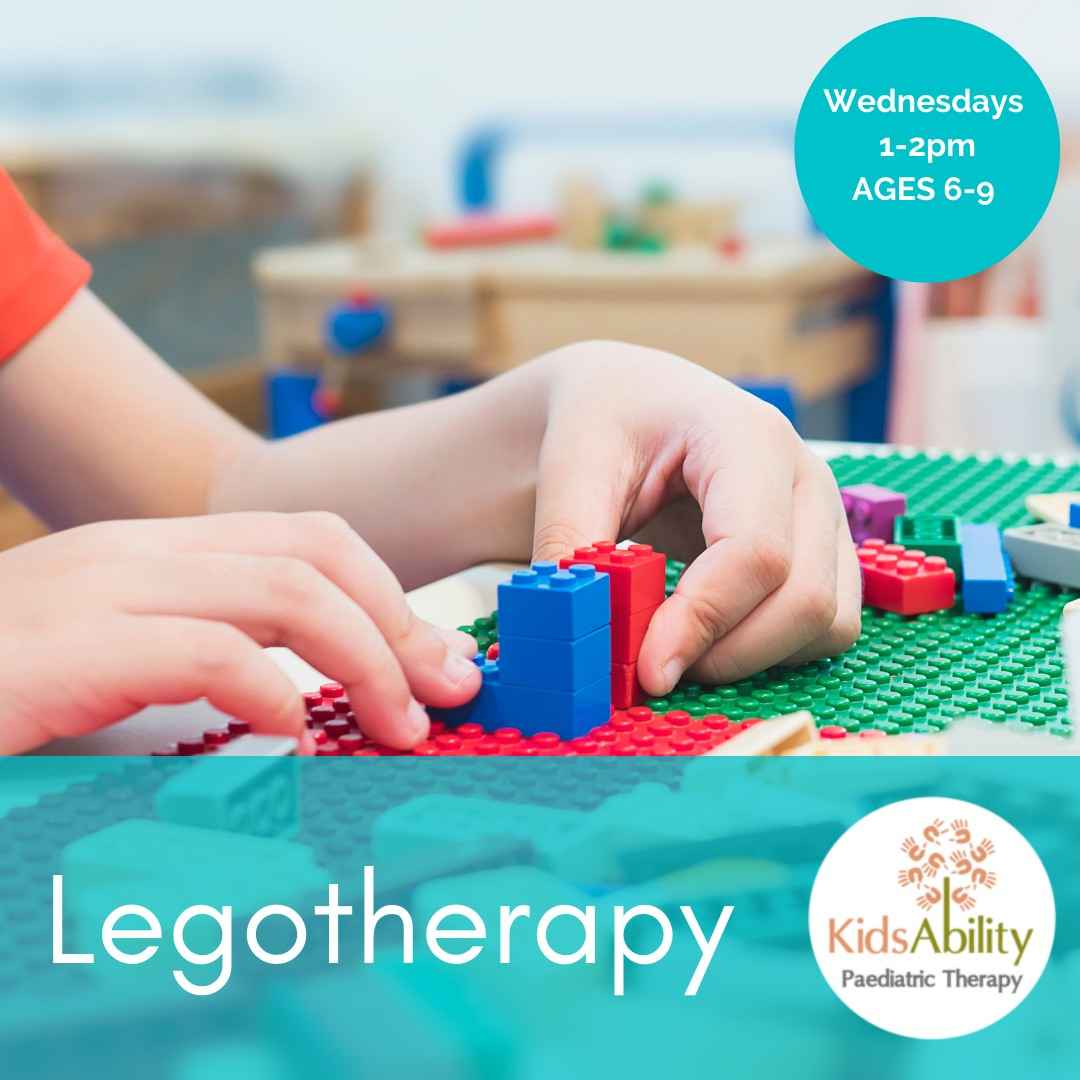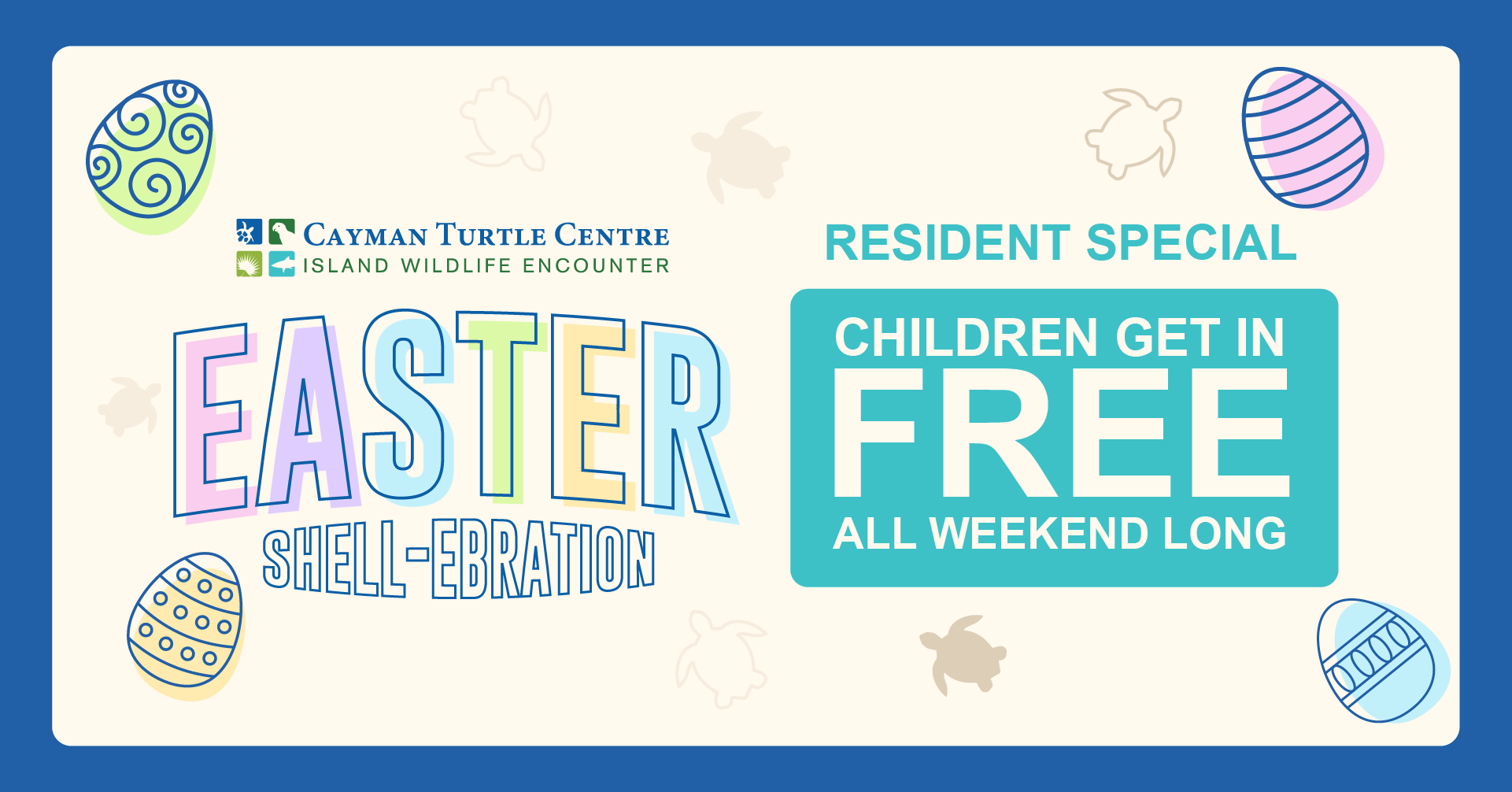
Legotherapy Friendship Club, KidsAbility
- Date: Wed 13 Jul, 2022
- Time: 1:00pm to 2:00pm
Please call KidsAbility for information,
KidsAbility offers an innovative group-based social development programme using the LEGO® system. The programme is for children ages 6-9.
LEGO® therapy has been proven to be an effective way for children with social communication difficulties associated with Autism, Asperger Syndrome, Anxiety, Depression or Adjustment Disorders to improve their social interaction and communication skills. Improvements in social competence enable children to sustain lasting friendships and reach their highest potential.
This programme is facilitated by Clinical Social Worker & Psychotherapist Wendy Mupaku, MSW on Wednesdays from 1pm-2pm through July and August.
If you have any questions or are interested in more information pertaining to the KidsAbility LEGO® Therapy Group please call (345) 943 5437 or email info@kidsability.ky.
How This Evidence-based Therapy Works
The LEGO® bricks and other elements are a highly structured, predictable and systematic construction toy. It is therefore likely that children with ASD and other social communication difficulties will be motivated by tasks involving LEGO®. LEGO® system based interactive play groups provide a way to establish self-regulation and use peer mediated social feedback.
Children come together each week to meet for the LEGO® Club. During the weekly sessions, they focus on collaborative projects in an interactive setting. To prompt interaction among the children and help them come up with their own solutions to LEGO® building problems, they are introduced to a set of clear LEGO® Club rules and develop LEGO brick building skills, including collaborative building. This collaboration requires close interaction and communication among group members naturally reinforcing social contact, development and good behavior.
The participants meet on a regular basis (weekly) and during that time engage in collaborative building sets and freestyle projects, tailored to the skill level of the participants. The tasks are analyzed and different responsibilities are assigned to group members. Typically these roles include a director, engineer, supplier and builder.
The team works together to assemble the project with an emphasis on verbal and non-verbal communication. Resilience, flexibility, joint attention, attention to task, problem-solving, sharing, turn-taking and repair of communication breakdown are all targeted during the LEGO® group projects.
Research Evidence
LEGO® therapy falls within the broad class of play therapy with regards to research. Play Therapy refers to a variety of intervention methods, which apply the therapeutic benefits of play to therapy. Play therapy differs from regular play in that the therapist helps children to address and resolve their own problems. Play therapy builds on the natural way that children learn about themselves and their relationships in the world around them.
Through play therapy, children learn to communicate effectively with others, express feelings, modify behaviour, self-regulate emotions, develop problem-solving skills, and learn a variety of ways to relate and interact with others.
LEGO® Therapy was developed over 15 years ago after observing that children with autism and other neurobehavioural disorders were naturally attracted to LEGO® when presented with a room full of toys. Using LEGO® in a therapeutic and structured was fun and seemed to naturally reinforce appropriate social behavior.
LEGO® Therapy has been systematically evaluated in research studies conducted by Daniel LeGoff, Ph.D., and a replication study completed at Cambridge University in England, revealed that using LEGO® as a modality for group interaction and communication with peers increased self-initiated social contact and the duration of social interaction in other group settings. It further revealed an improvement in overall social competence.
Ways LEGO® Therapy Group Will Help Your Child
You will see many positive social changes in your child. They will begin to identify with a peer group and be motived by the friendships they create. Typically, an intrinsic motivation will develop in your child reinforced through a sense of social approval and acceptance within the group. The skills that the children will learn from each other in LEGO® Therapy group will carry-over to both the school and home environments.



